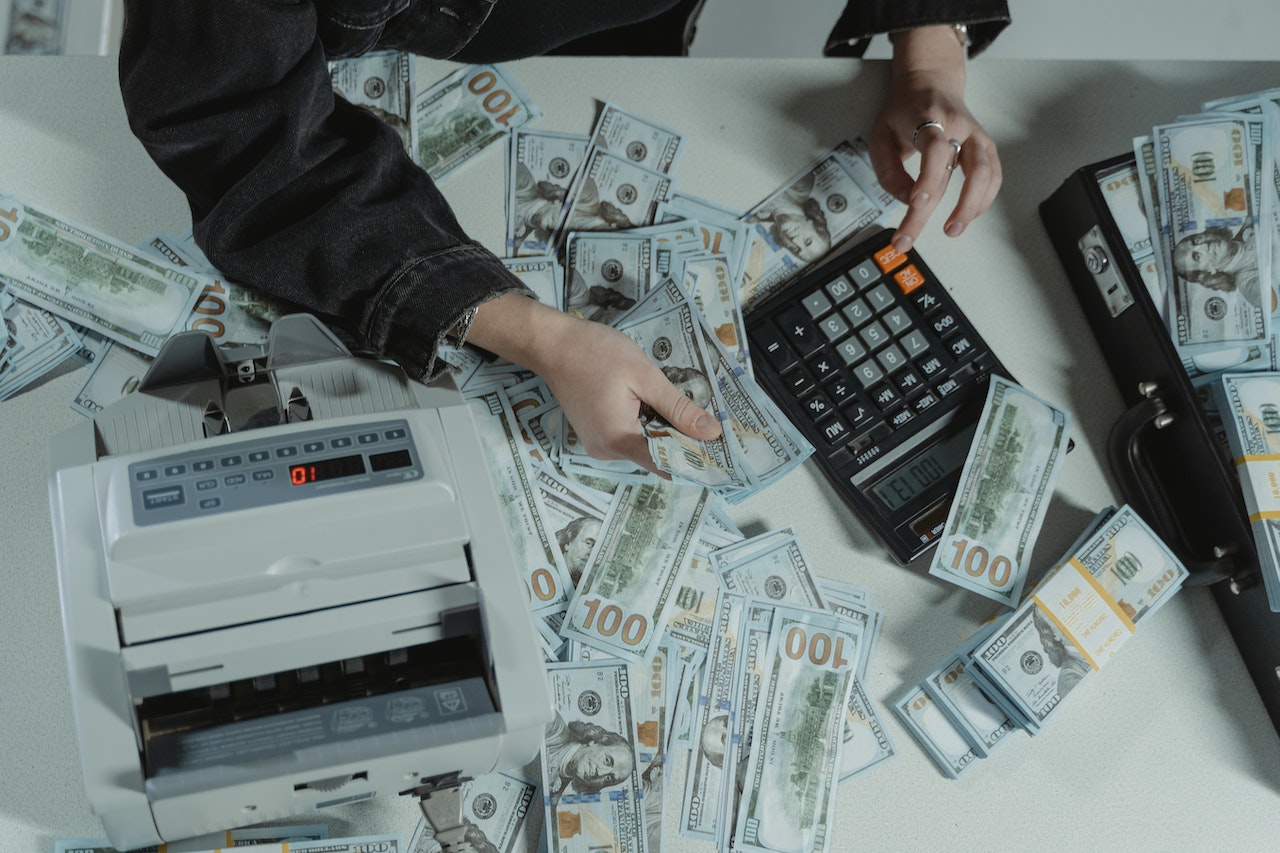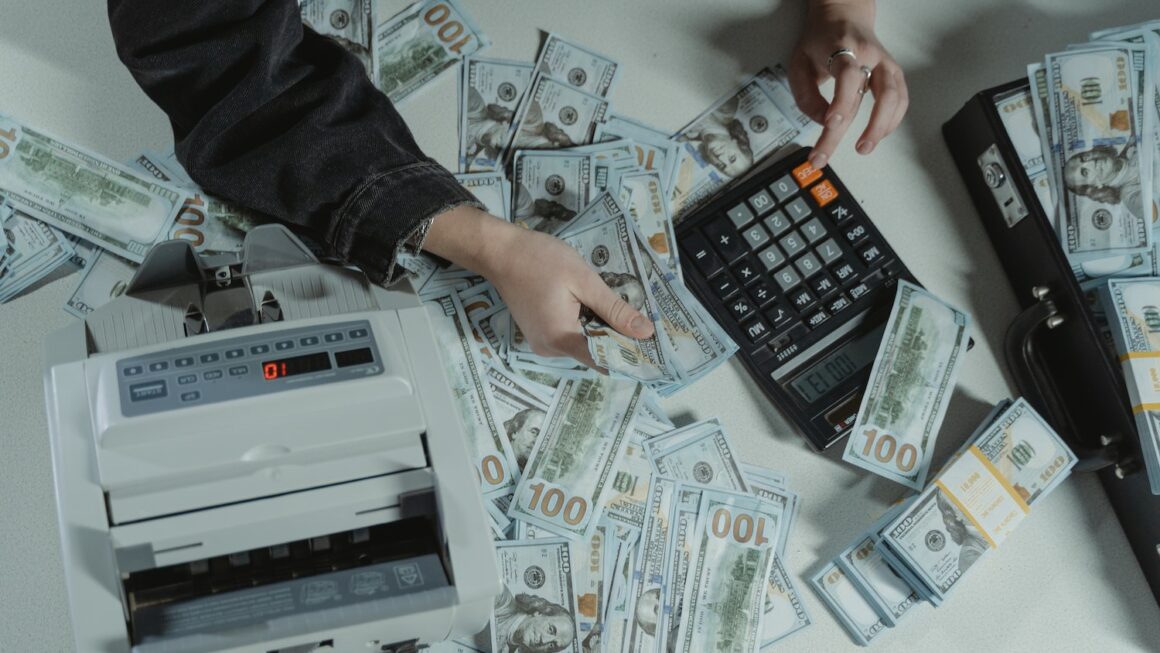Introduction
Money counters are electronic machines used to count money accurately and quickly. They are used by businesses, banks, and individuals who need to count large amounts of cash. Money counters are designed to handle various types of currency, including bills and coins.
In this article, we will explore what a money counter is, how it works, and how it is helping humans.
What is a Money Counter?
A money counter is an electronic machine that counts money accurately and quickly. It is designed to count various types of currency, including bills and coins. Money counters come in different sizes and shapes, and they have different features. Some money counters are designed to count specific types of currency, while others can count different types of currency. Money counters can be used by businesses, banks, and individuals who need to count large amounts of cash.
How Does a Money Counter Work?
Money counters use different technologies to count money. Some money counters use optical sensors to detect the currency, while others use magnetic sensors. Optical sensors use light to detect the currency’s color, size, and shape, while magnetic sensors use magnetic fields to detect the currency’s magnetic properties. The machine then reads the currency’s serial numbers, denominations, and authenticity.
The process of counting money using a money counter is simple. The user feeds the money into the machine, and the machine counts the currency and displays the total count on the screen. Some money counters can also sort the currency by denomination or serial number, and some can detect counterfeit currency. Money counters can count hundreds of bills or coins per minute, making the process of counting money faster and more accurate than counting it manually.
How is a Money Counter Helping Humans?
Money counters are helping humans in many ways. Here are some of how money counters are helping humans:
Saving Time
One of the primary benefits of using a money counter is that it saves time. Counting large amounts of cash manually can be time-consuming and tedious. Using a money counter, businesses and individuals can count money quickly and accurately. Money counters can count hundreds of bills or coins per minute, reducing the time it takes to count money by a significant amount.
Reducing Errors
Counting money manually can lead to errors, especially when dealing with large amounts of cash. Using a money counter reduces the likelihood of errors. Money counters are designed to count money accurately and quickly, reducing the chances of human error. Additionally, some money counters can detect counterfeit currency, further reducing the risk of error.
Improving Efficiency
Using a money counter improves efficiency in business operations. By reducing the time it takes to count money, businesses can use their resources more efficiently. Money counters can also sort currency by denomination or serial number, making it easier for businesses to manage their cash flow. Additionally, money counters can detect counterfeit currency, which can prevent losses due to fraud.
Improving Accuracy
Using a money counter improves the accuracy of money counting. Money counters are designed to count money accurately, reducing the likelihood of errors. Additionally, some money counters can detect counterfeit currency, ensuring that businesses and individuals do not accept counterfeit money.
Reducing Costs
Using a money counter can reduce costs in the long run. While money counters may have an initial cost, they can save businesses and individuals money in the long run. By reducing the time it takes to count money and improving efficiency and accuracy, money counters can help businesses and individuals save money.
Conclusion
Money Counters are electronic machines used to count money accurately and quickly. They use different technologies, including optical sensors and magnetic sensors, to count currency. Money counters are helping humans by saving time, reducing errors, improving efficiency, improving accuracy, and reducing costs. They are used by businesses, banks, and individuals who need to count large amounts.




